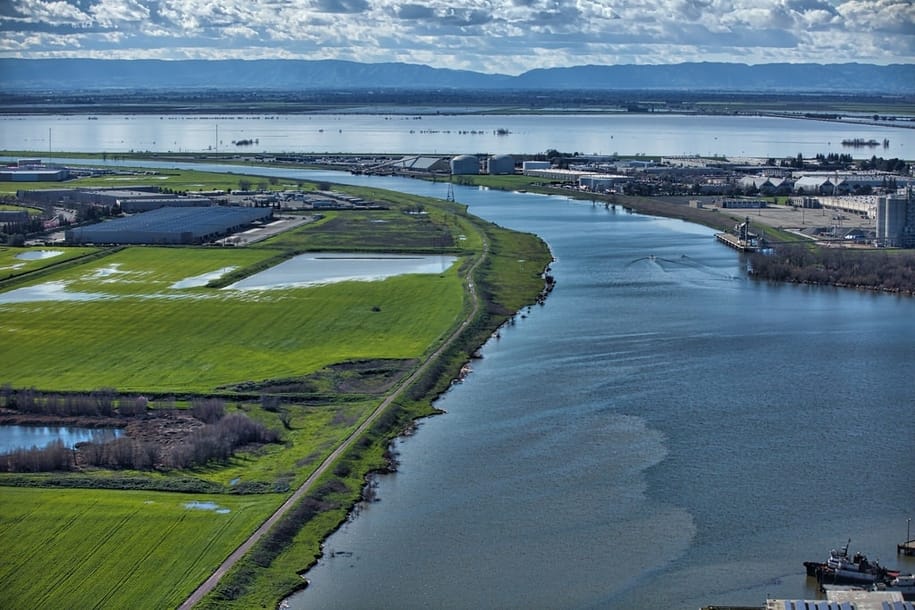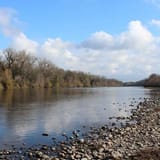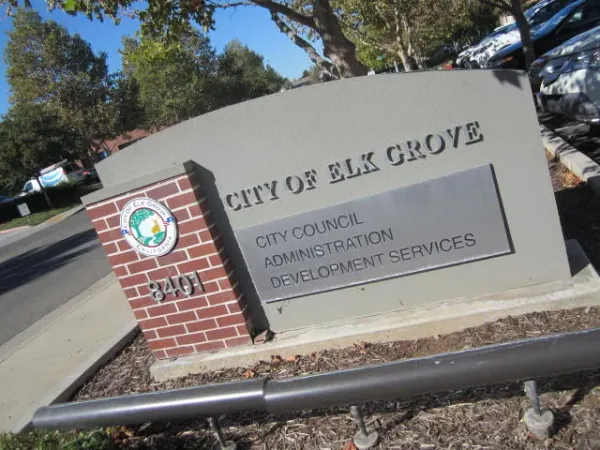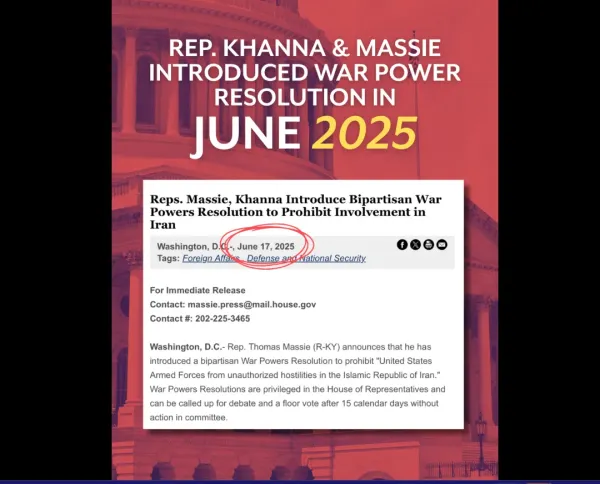California Senate Rejects Governor Newsom's Plan to Fast-Track Delta Tunnel in Budget
Delta advocates celebrated the vote to reject the Governor’s trailer bill language, but noted that the Delta Tunnel proposals may return in policy committees later this year.





